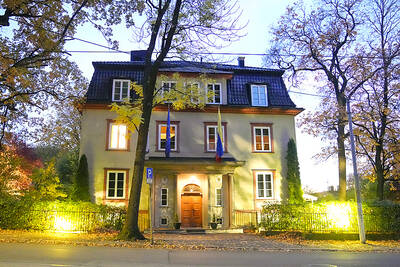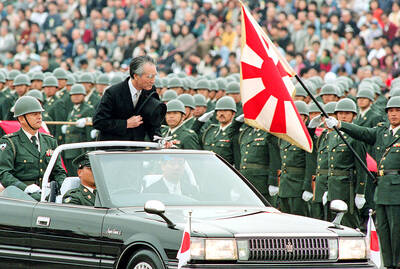Jamaica still suffered alarming rates of killings with almost no conviction of police officers accused of human rights abuses, Amnesty International said yesterday.
The London-based rights organization applauded the Jamaican government’s initiatives to tackle deep-rooted violence and serious human rights violations in the island nation.
But in a new report the group also warned the “outlook for Jamaica is still grim” and called on the government to continue to push ahead with its reforms.
“The outlook for Jamaica is still grim with alarming rates of killings and almost no convictions of state agents accused of serious human rights violations,” said Kerrie Howard, Americas deputy director at Amnesty.
“What is different now is that we finally see initiatives that might lead to real change.” Howard said.
“Jamaicans cannot afford to wait any longer,” Howard said.
“Initiatives have to be implemented and produce concrete results soon. The lives of thousands depend on that,” she said.
Police figures showed that 1,611 people were murdered last year in a country with a population of only 2.7 million. The proportion of child victims grew significantly in that year, the group said.
Another 224 people were shot dead by police officers, the group said, and in the first five months of this year alone, police killings increased by 58 percent.
“There have been no convictions against a police officer since 2006 and only four convictions between 1999 and 2009 out of a total of more than 1,700 reports of fatal shootings,” the report said.
The government said last year it would reform and modernize the Jamaican Constabulary Force, and undertake a comprehensive review of the justice system, the group said.
“The government has embarked on a process of reform that if correctly and fully implemented could remove many of the factors contributing to the public security crisis and drastically improve respect for human rights in Jamaica,” Howard said.

The Venezuelan government on Monday said that it would close its embassies in Norway and Australia, and open new ones in Burkina Faso and Zimbabwe in a restructuring of its foreign service, after weeks of growing tensions with the US. The closures are part of the “strategic reassignation of resources,” Venezueland President Nicolas Maduro’s government said in a statement, adding that consular services to Venezuelans in Norway and Australia would be provided by diplomatic missions, with details to be shared in the coming days. The Norwegian Ministry of Foreign Affairs said that it had received notice of the embassy closure, but no

A missing fingertip offers a clue to Mako Nishimura’s criminal past as one of Japan’s few female yakuza, but after clawing her way out of the underworld, she now spends her days helping other retired gangsters reintegrate into society. The multibillion-dollar yakuza organized crime network has long ruled over Japan’s drug rings, illicit gambling dens and sex trade. In the past few years, the empire has started to crumble as members have dwindled and laws targeting mafia are tightened. An intensifying police crackdown has shrunk yakuza forces nationwide, with their numbers dipping below 20,000 last year for the first time since records

EXTRADITION FEARS: The legislative changes come five years after a treaty was suspended in response to the territory’s crackdown on democracy advocates Exiled Hong Kong dissidents said they fear UK government plans to restart some extraditions with the territory could put them in greater danger, adding that Hong Kong authorities would use any pretext to pursue them. An amendment to UK extradition laws was passed on Tuesday. It came more than five years after the UK and several other countries suspended extradition treaties with Hong Kong in response to a government crackdown on the democracy movement and its imposition of a National Security Law. The British Home Office said that the suspension of the treaty made all extraditions with Hong Kong impossible “even if

Former Japanese prime minister Tomiichi Murayama, best known for making a statement apologizing over World War II, died yesterday aged 101, officials said. Murayama in 1995 expressed “deep remorse” over the country’s atrocities in Asia. The statement became a benchmark for Tokyo’s subsequent apologies over World War II. “Tomiichi Murayama, the father of Japanese politics, passed away today at 11:28am at a hospital in Oita City at the age of 101,” Social Democratic Party Chairwoman Mizuho Fukushima said. Party Secretary-General Hiroyuki Takano said he had been informed that the former prime minister died of old age. In the landmark statement in August 1995, Murayama said